I want to install terra package and other spatial packages (raster,sf) on databricks but running into below issues. On my databricks notebook, I do
install.packages("terra")
Based on the error message, the gdal is not configured. I am trying to find resources online that explains to me how to resolve it. I found this page but looks like there are so many solutions but don't know which one to use. Could anyone keep me like a step-to-step guide on how to configure rgdal on databricks and install spatial R packages.
Error: gdal-config not found while installing R dependent packages whereas gdal is installed
